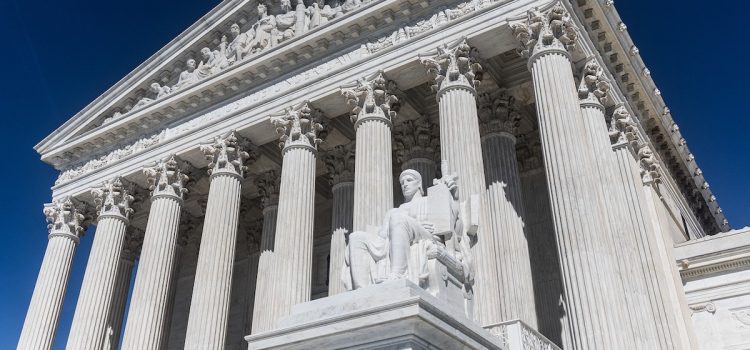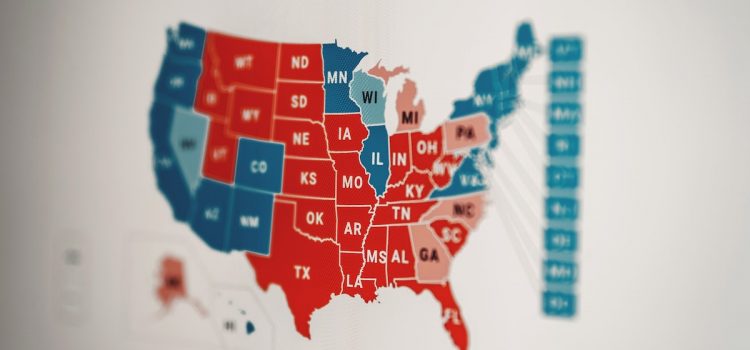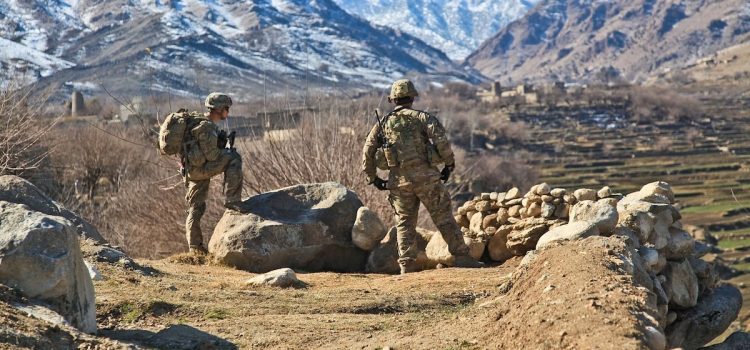What is dark money? How is it used to influence politics in America? Journalist Jane Mayer describes how the wealthy elite in America, particularly conservative business tycoons Charles and David Koch, used their fortunes to propagate far-right ideology in American politics. They’ve done this, she says, through dark money. Read more to understand what Mayer means and to understand how lobbying is supposed to work.
What Is Dark Money? Political Lobbying Under the Table










